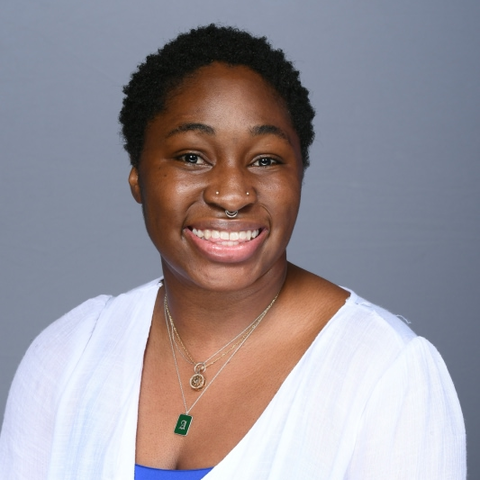Section Branding
Header Content
Women's health 'shouldn't be an afterthought,' first lady Jill Biden says during Atlanta visit
Primary Content
___
First lady Jill Biden visited Atlanta on Wednesday to talk about women’s health. She spoke with local advocates, researchers and investors.
The annual Morehouse School of Medicine Women with Heart luncheon brings women together to focus on heart health. Attendees wore red in honor of February being heart health month.
"Women are more likely than men to die after a heart attack," Biden said during her remarks. "And Black women are more likely to die from heart disease than women of any other race. What you’ve heard today is powerful — the ways in which heart disease is connected to diabetes, hypertension and pregnancy, and how it’s even connected to our genes based on new research from the Morehouse School of Medicine."
The first lady also said more needs to be done for equality in the health care approach.
"We have to turn our knowledge into action," she said. "And to do that, we need to better understand heart disease in women and study it more. Because even though women are half the population, research on women’s health has always been underfunded."
Jill Biden and the White House launched an initiative in November 2023 focusing on women’s health care and equity. The goal is to help determine where to invest money, and partner with researchers to improve women’s health.
The first lady also met with participants in a roundtable discussion at CODA at Tech Square in Midtown.
During this listening session, she sat down with local researchers, advocates and investors to discuss medical challenges that need more attention.
Dr. Tene Lewis, a professor and researcher at Emory University who served as a panelist during Wednesday's discussion with the first lady, said she’s looking to partner with companies to create a more inclusive equipment.
"So sometimes the largest arm cuff cannot accommodate larger arms," Lewis said. "We have larger body sizes in the South. African American women are more represented in these larger body sizes. We can't assess these women."
Panelists shared ideas about how best to collaborate to bridge the gap in funding for women’s health innovations.
Maria Toler, a founder partner at SteelSky Ventures, said it’s important to build a whole ecosystem of support when looking at funding.
“It's not going to come just from investors or just from doctors,” she said. “It's going to be coming from policy. It's going to be coming from the government. It's going to be going to the biggest funder, NIH (National Institutes of Health).”
The National Institutes of Health has several funding opportunities available to organizations innovating in the field of health such as the Small Business Innovation Research and Small Business Technology Transfer programs.
Jill Biden said the federal government can’t advance women’s health research alone; it takes a mix of universities, investors, doctors and advocates.
“So Atlanta has been doing this for decades, helping push progress forward in women's health,” Biden said. “And I know this city will remain at the forefront of this work.”
The Biden administration has previously given federal funds to address women’s health issues through the CARES Act.


